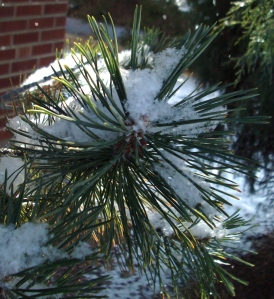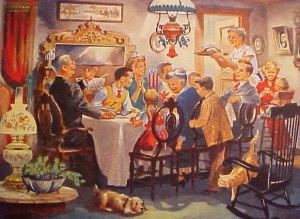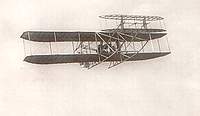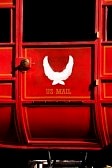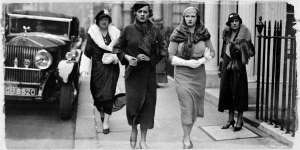 From the Colorado Woman’s College Catalog 1932-1933
From the Colorado Woman’s College Catalog 1932-1933
A Recognized Junior College with a Four-Year Conservatory of Music
Regulations:
If a student desires to spend a night or week-end off of the campus, it is necessary to file, two days in advance of the proposed visit, a written invitation from the people she proposes to visit and also the written permission of her parents giving the name and the address of the person or persons whom she proposes to visit. General permissions are not approved.
Expenses:
Tuition for all literary subjects for the year = $225.00
Charge for only one or two regular class subjects = $8.00 per semester hour
The yearly cost for books = $12.00-$20.00 depending on courses selected
Two semesters room and board for a double room = $425.00 – 475.00 per year, depending on a bath with the room or a bath down the hall.
A singe room with bath = $500.00
Campus Organizations:
Browsers – literature club
Scribblers – a writers group. Membership limited to ten women and vacancies filled based on poems, essays, dramas or short stories submitted by an applicant.
Press Club – advanced journalism students
Glee Club – 25 members selected on competitive basis
Band – newly organized that year
Orchestra
French Club
Spanish Club
Home Economics Association – Meetings devoted to the discussion of such subjects as make life more beautiful and housekeeping a pleasure.
B. Z. Club for students interested in biology
Pi Omega Iota – club for students preparing to be teachers
Tri Chi – for girls taking secretarial courses
International Relations Club
Art Club
Chem Club
S.I.A.C. Honorary Athletic society – Open to all students who are able to meet the endurance and scholastic requirements.
Riding Club
Pi Kappa – daughters of ministers, who call themselves “Preachers’ Kids”
 One Hundred years ago on November 7, 1916 Jeanette Rankin (1880-1973) of Montana became the first woman elected to the U.S. House of Representatives.
One Hundred years ago on November 7, 1916 Jeanette Rankin (1880-1973) of Montana became the first woman elected to the U.S. House of Representatives.

